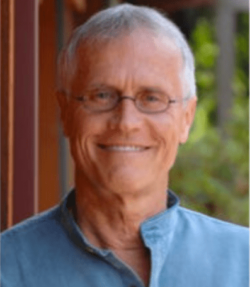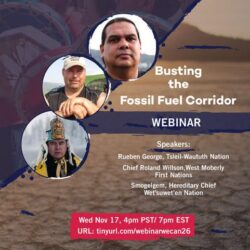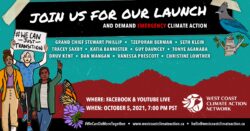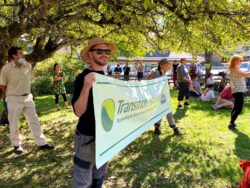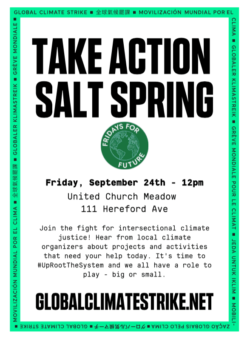We are working on Unceded Territory
Transition Salt Spring is grateful to undertake our work as guests on the unceded and traditional territories of the Coast Salish People, specifically of the Cowichan, BOḰEĆEN, Halalt, MÁLEXELˉ, Penelakut, ST/ÁUTWˉ, Stz’uminus, WˉJOLˉELˉP, and WˉSIKˉEM peoples. We acknowledge and respect the living historical relationship of Indigenous First Peoples to the land, culture, and spirit of this place that continues to this day.
We are committed to establishing and maintaining mutually respectful relationships between Indigenous and settler peoples. We commit to a process of reconciliation with the understanding that this commitment is a long-term relationship-building and healing process. We commit to this process in the context of the pain that settler leaders and communities have caused the original peoples of this land in the occupation of their territories and the acts of systematic cultural destruction perpetrated by settler leaders and communities.
We will strive to earnestly open spaces for knowledge-sharing and understanding as people come together, starting with this action plan, to prepare this land and our communities for the accelerating challenges of climate change.
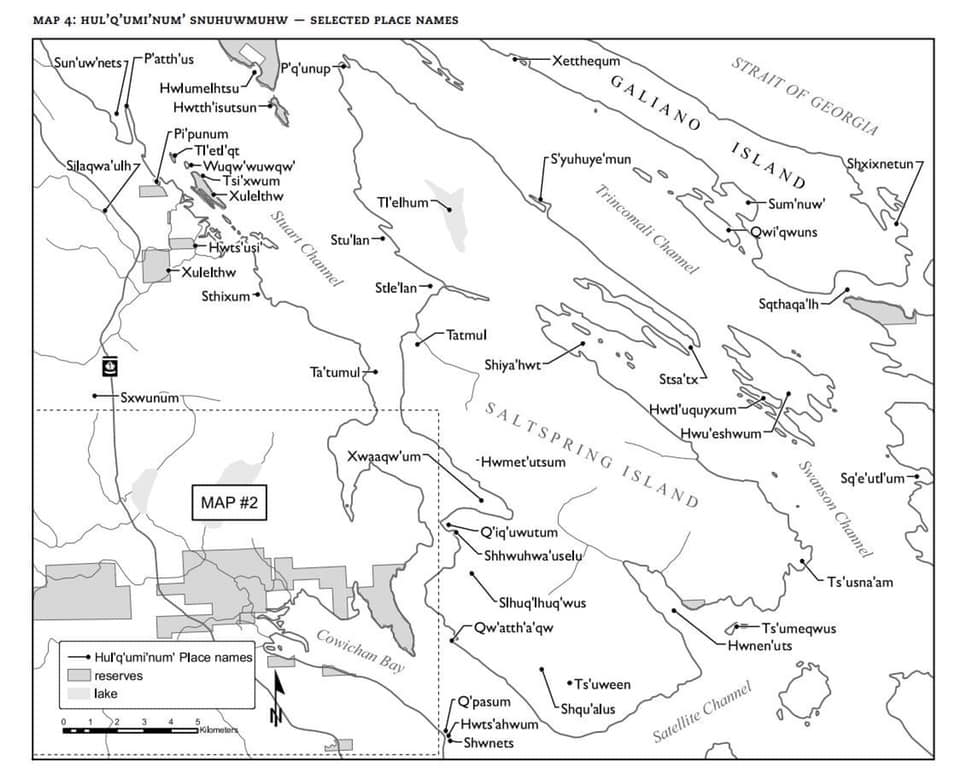
Climate Justice is Social Justice
Our Values include promoting inclusivity and social justice
We recognize that the most marginalized people in our societies are likely to be worst affected by climate change. We want to increase the chances of all groups in society to live healthy and sustainable lives. We know that learning how to increase the diversity of people and groups in our work will strengthen all of our efforts, and we commit to learning about and taking action on systemic racism and inequality.
Climate justice is an approach that embeds climate change within social justice and recognizes that the people most negatively impacted by climate change are those least responsible for creating those impacts and those least able to mitigate or adapt to them. Climate justice also requires that climate solutions use the lens of justice and equity.
Climate justice requires governments to not aggressively rush towards climate actions without considering the ways those actions may disproportionately impact vulnerable people and groups. Taking the right kind of action now will benefit our society in a way that creates more equality and dignity for people who are currently most negatively impacted by climate change. This type of just transition must be worker-focused and low-income-focused, including traditionally marginalized communities such as communities of colour and Indigenous communities. This type of outcome cannot be achieved if we focus on solutions that perpetuate the inequality in our society.
Resources
Free Live Streamed Event with Paul Hawken – Introducing Regeneration
Busting the Fossil Fuel Corridor Presentation
Invitation to the Launch of the West Coast Climate Action Network
Salt Springers Take Action for the Global Climate Strike
Take Action Salt Spring
Majority of oil, gas and coal workers want climate solutions that create net-zero energy jobs, says poll
Allies
A VISION for 2028 from CAP
All First Nations’ management plans for their lands and marine resources were adopted and are guiding Islands Trust policy on forest and marine stewardship. There is a Guardian Watchmen program that monitors the health of our land and sea, and a significant amount of collaboration with groups on Salt Spring.

